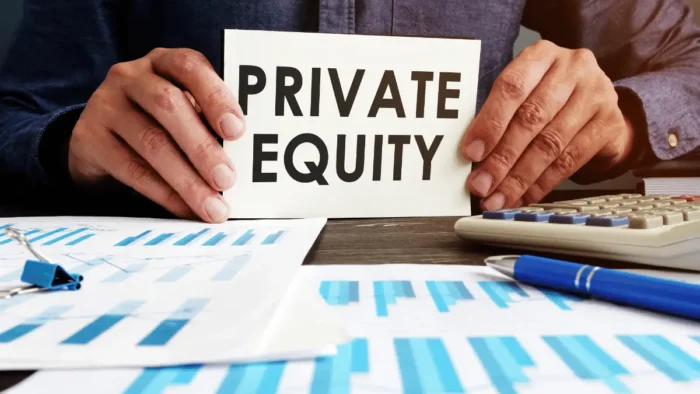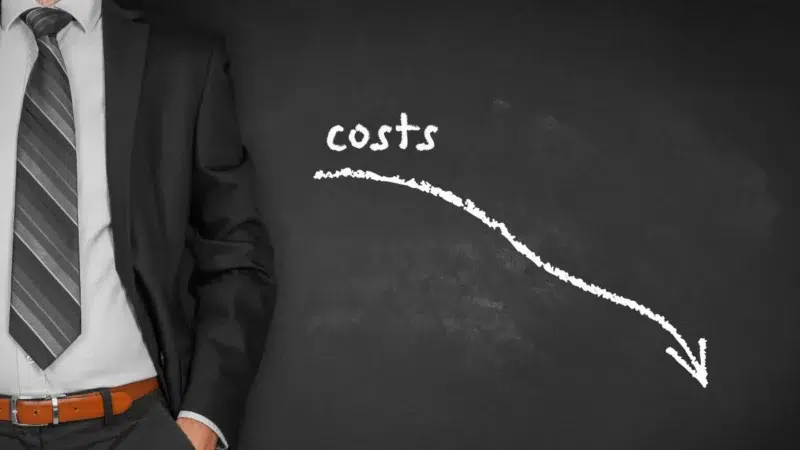The number of small business start-ups in the UK and around the world has rocketed over recent years, as more and more people have decided to leave behind the increasingly uncertain world of 9-5 employment in order to go it alone. Even the government has got on board, investing more time, money, and resources towards helping those keen to start their own businesses. So, networking with government is becoming important, but how much money you will need? What are the startup costs you need to consider before you start?
For those who do decide to become entrepreneurs, there are many different things that have to be taken into consideration. This includes identifying gaps in the market, coming up with a great product or service, developing a USP, and carrying out in-depth market research to assess the viability of the business. Another hugely important factor that has to be considered is how much capital will be needed in order to get the business off the ground.
The startup costs for launching a small business can vary widely based on a number of different factors. The type of business you are opening will play a big part in the amount of money you need. Also, factors such as where you will be running your business from and whether you will have anyone working for you will play a crucial role.
Some of the factors you need to look at in order to start calculating how much you will need to raise to get things started include:
The nature of your business
If your new business will involve selling a service based on your skills – for example, gardening services – your startup costs are likely to be considerably lower than someone who is planning to sell goods that they first have to buy into. This is because with the latter you would need to have money to purchase stock before you sell it, whereas with the former you would simply need to have the tools available, as the rest would be down to your own hard work and manual labor.
Where you will be based
You will need to think about where you will be running the business from, as this will impact your initial startup costs. For instance, if you are buying or renting a specialist unit or premises, you will need to find the money for the purchase or rent as well as for rates and bills. If you plan to run the business from home, however, you will not have this financial burden to cope with.
Related: 10 Tips to Create Challenging Demand for Your Products
The equipment required
Whether you will be providing manual services or whether you will be home/office-based, the chances are that you will need to have equipment of some sort. This could be something as simple as a computer and phone or could mean buying specialist tools or furniture. Work out exactly what you will need in order to be able to run your business, as you can then work out the startup costs.
Staffing or outsourcing
If you are going to be getting paid help from the very start, whether through employing someone or through outsourcing, you will need to take salaries and payment for services into consideration when working out your initial startup costs.
Other startup costs
There are various other startup costs that you may need to think about, such as the cost of liability insurance, getting the website designed and set up, paying for an accountant to do the books, and various other services that you may need for your business.
Your next task is to work out how you will raise the money. You could ask friends and family for help or you could look for independent investment through schemes such as Kickstarter. However, if you plan to borrow money in the form of loans, be mindful of the added cost of repaying the debt, as this will need to be factored into your budget. If you borrow large amounts, you could find yourself facing issues when it comes to making repayments, particularly during the early days when you are still getting the business off the ground. If this happens, you should make sure you get expert advice from debt professionals such as those at Consolidated Credit.





